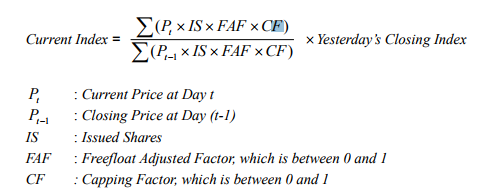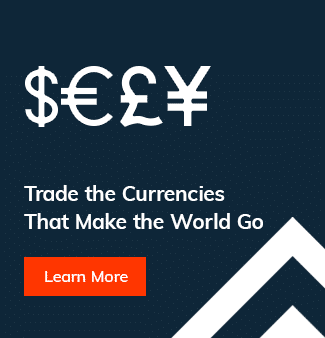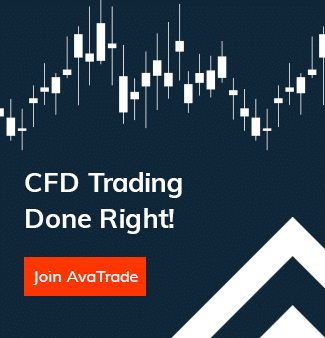HSI
| MT5/MT4 Symbol:HSI |
| Instrument:HSI |
| Country:Hong Kong |
| Currency:HKD |
| Exchange:Hong Kong Futures Exchange |
| Trading Hours (GMT):01:15-03:59 & 05:00-08:29 & 09:15-18:59 |
An Overview of China’s Financial Engine – HSI
With a market cap weighted index of 40 of the largest companies traded to date on the Hong Kong Exchange, the Hang Seng Index (HSI) is one of Asia’s biggest indices.
Maintained by the Hang Seng Bank, the HSI has been published since 1969 and is the leader of the HKE, covering 65% of its market capitalization. HSI members are also classified into one of four sub-indices that include the commerce, utilities, properties and finance industries.
The Hang Seng is the most widely quoted barometer for the Chinese stock market and the Hong Kong economy. As Hong Kong’s status is known as a special administrative region of China, there are close ties between their economies and a lot of Chinese companies are listed on the Hong Kong Stock Exchange, still held in majority by the British financial firm HSBC.
Are you ready? enjoy the benefits of trading with a regulated, Canadian broker!
Hang Seng Index Trading information
- MT4/MT5 Symbol: HSI
- Trading Time: 01:15-03:59 & 05:00-08:29 & 09:15-17:45
- Country: Hong Kong
- Currency: HKD
- Exchange: HKE
Interesting facts about the HS Index
The Hang Seng Index was first published on the 24th of November 1969 and it is, to this day, the largest indicator of overall market performance in Hong Kong.
There are several indices belonging to the Hang Seng indices family, including: the Hang Seng China Enterprises Index, Hang Seng China AH Index Series, Hang Seng China H-Financials Index, Hang Seng Composite Index Series, Hang Seng China A Industry Top Index, Hang Seng Corporate Sustainability Index Series and Hang Seng Total Return Index Series.
The chairman of the Hang Seng Bank, Ho Sin Hang conceived the idea of creating the Hang Seng Index as the “Dow Jones” of Hong Kong. Upon publication, its base of 100 points was set equivalent to the stocks’ total value as of market close on 31 July, 1964.
The all-time low this index experienced was 58.61 points on August 31, 1967. Later the base value was established and the Hang Seng passed the 10,000-point milestone on October 18th, 2007, while reaching its all-time high a few days later, on the 30th of October 2007, at 31,958.41 points.
Another innovation was the 2014 Hong-Kong – Shanghai – Shenzhen Stock Connect, which allows international and Chinese investors to trade mainly A-shares listed on each other’s markets through the 3 respective exchanges, which was followed by a 5000 point increase in the Hang Seng over a 3-month period, and a doubling of the Shenzhen Composite to 3140 over the same period.
Index Composition of the HSI
Top 5 on the Hang Seng Index
| Name of Company | Industry | Weight (%) |
| HSBC Holdings | Financials | 10.29 |
| Tencent | Information Technology | 9.59 |
| AIA | Financials | 8.51 |
| CCB | Financials | 8.24 |
| China Mobile | Telecommunications | 5.15 |
Sector Representation in HSI
| Sector | Weight (%) |
| Finance | 48.71% |
| Properties and Construction | 11.49% |
| Information Technology | 10.96% |
| Telecommunications | 5.95% |
| Energy | 5.61% |
Index Formula

The factors influencing the overall index price of the HSI
As with other indices, there are many macro and micro-economic factors that can influence the Hang Seng Index.
As it has a close correlation to the Chinese economic current, the Chinese market has a great and almost immediate impact on the index. One economic shift for example would be the Yuan/Dollar peg being removed not in its entirety, as they will be pegging it to a basket of currencies and not just the USD.
The impact of the Yuan devaluation in August 2015 by the People’s Bank of China (PBOC) shook the markets with three consecutive devaluations of the Yuan Renminbi (CNY) remaining 30% the currency lower than its previous value.
With the CNY/USD peg being removed as well as the Yuan devaluation (as explained above) experts are confident these changes did add value to the country as well as boost the economy. These changes did have a direct effect and impact on the Hang Seng Index.
Political events have an equal role to play. Even when they are not in direct correlation to the HSI, they do influence index price dynamics. The best example is the announcement of Brexit which led to a 1000-point drop in the Index.
Advantages of trading the HSI with Friedberg Direct
Start trading with Friedberg Direct, your trusted forex & CFDs broker, and benefit from:
- Leveraged trading and competitive spreads on HSI, and other leading indices like SP500, UK_100, Japanese Nikkei-225, and DAX30
- Free trading education to make sure you enter the markets with complete confidence
- Advanced trading platforms to suit your trading needs
Are you ready? enjoy the benefits of trading with a regulated, Canadian broker!







